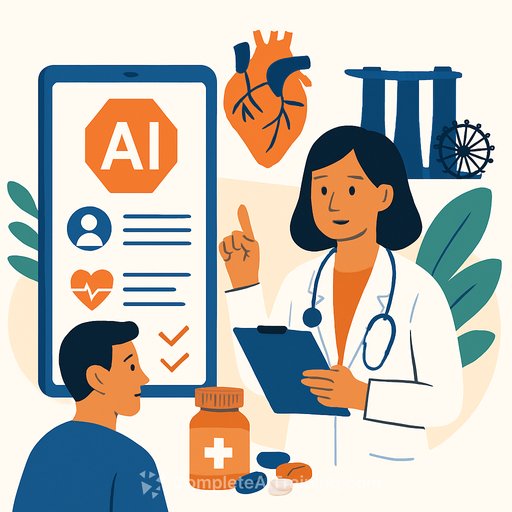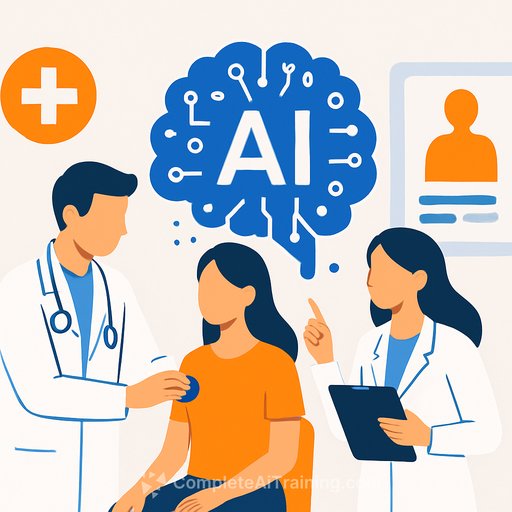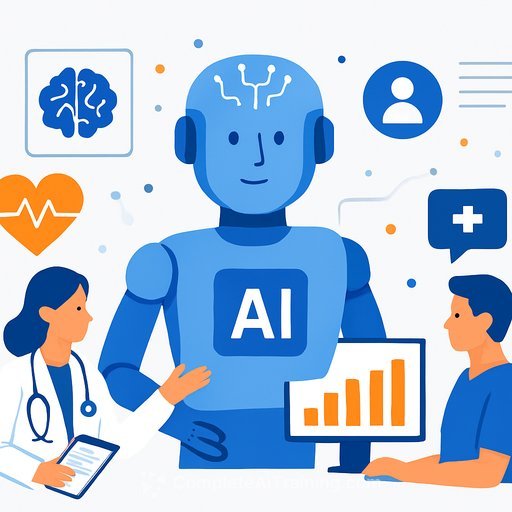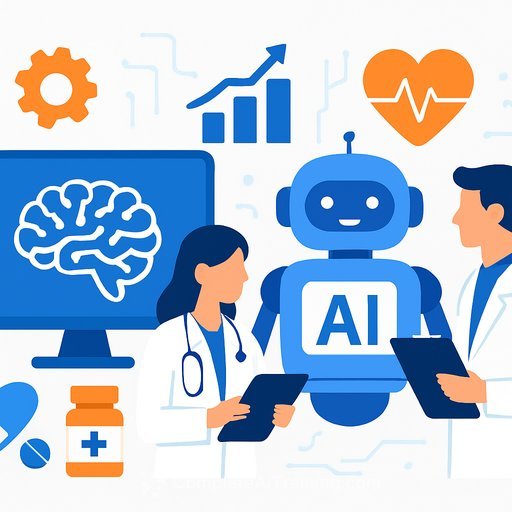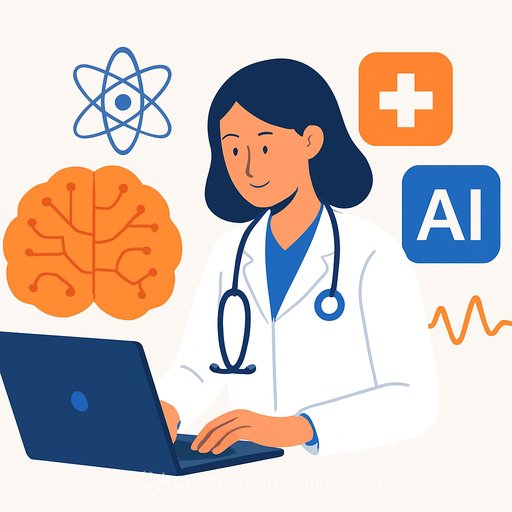AI to Support Predictive Healthcare in Singapore’s Healthier SG Programme
Singapore is set to enhance its Healthier SG initiative by integrating predictive artificial intelligence (AI) to help doctors assess disease risk years before symptoms appear. Health Minister Ong Ye Kung announced this development at the AI Accelerate conference on June 16, highlighting AI as a key tool in the next phase of healthcare transformation.
The plan involves leveraging national health records, socio-economic information, and genetic data to support preventive care and social prescribing. This approach combines evidence-based clinical risk scoring with AI’s predictive capabilities to identify individuals at higher risk of serious health conditions.
Balancing AI with Human Care
Despite AI’s growing role, Mr Ong emphasized that human doctors remain essential. He compared relying solely on AI without doctors to flying a plane without a pilot. While AI can sometimes outperform doctors in diagnosis or treatment plans, most patients prefer care led by physicians who offer empathy and understanding—qualities AI cannot replicate.
This perspective stresses that AI should augment, not replace, the doctor-patient relationship, maintaining the crucial human touch in healthcare delivery.
Upcoming AI Projects in Healthcare
The public healthcare sector will soon roll out several AI-driven initiatives. By 2027, Singapore’s HealthHub app—currently a platform for managing health records—will be consolidated with apps from the country’s three healthcare clusters for better service accessibility.
This enhanced HealthHub will use AI to provide personalized health guidance, including advice on managing common conditions through lifestyle adjustments. Communication will be available in four languages, delivered in a conversational style via text and speech. Early user feedback on the beta version has been promising, with a full launch expected later in 2025.
AI’s role will also expand in diagnostic imaging. For example:
- At the National Healthcare Group’s Geylang Polyclinic, AI helps prioritize chest X-ray cases, speeding up care for patients with normal results.
- The National Centre for Infectious Diseases will begin using AI to screen for tuberculosis via chest X-rays.
- Woodlands Health’s emergency department will deploy AI to detect bone fractures through imaging.
These AI capabilities will be gradually introduced across the public healthcare system by the end of 2026.
AI’s Role Amidst an Ageing Population
Mr Ong pointed out that the rise of AI in healthcare coincides with an ageing population and increasing patient complexity. Healthcare systems face higher demand, shifting care to community and home settings, and a stronger focus on disease prevention.
AI offers tools to meet these challenges effectively, expanding healthcare providers’ capacity to manage more cases and improve outcomes, without losing the crucial human element.
For healthcare professionals looking to deepen their AI knowledge and skills, exploring targeted courses can provide practical insights into applying AI in medical settings. Resources such as Complete AI Training offer specialized learning paths tailored for healthcare roles.
Your membership also unlocks:

